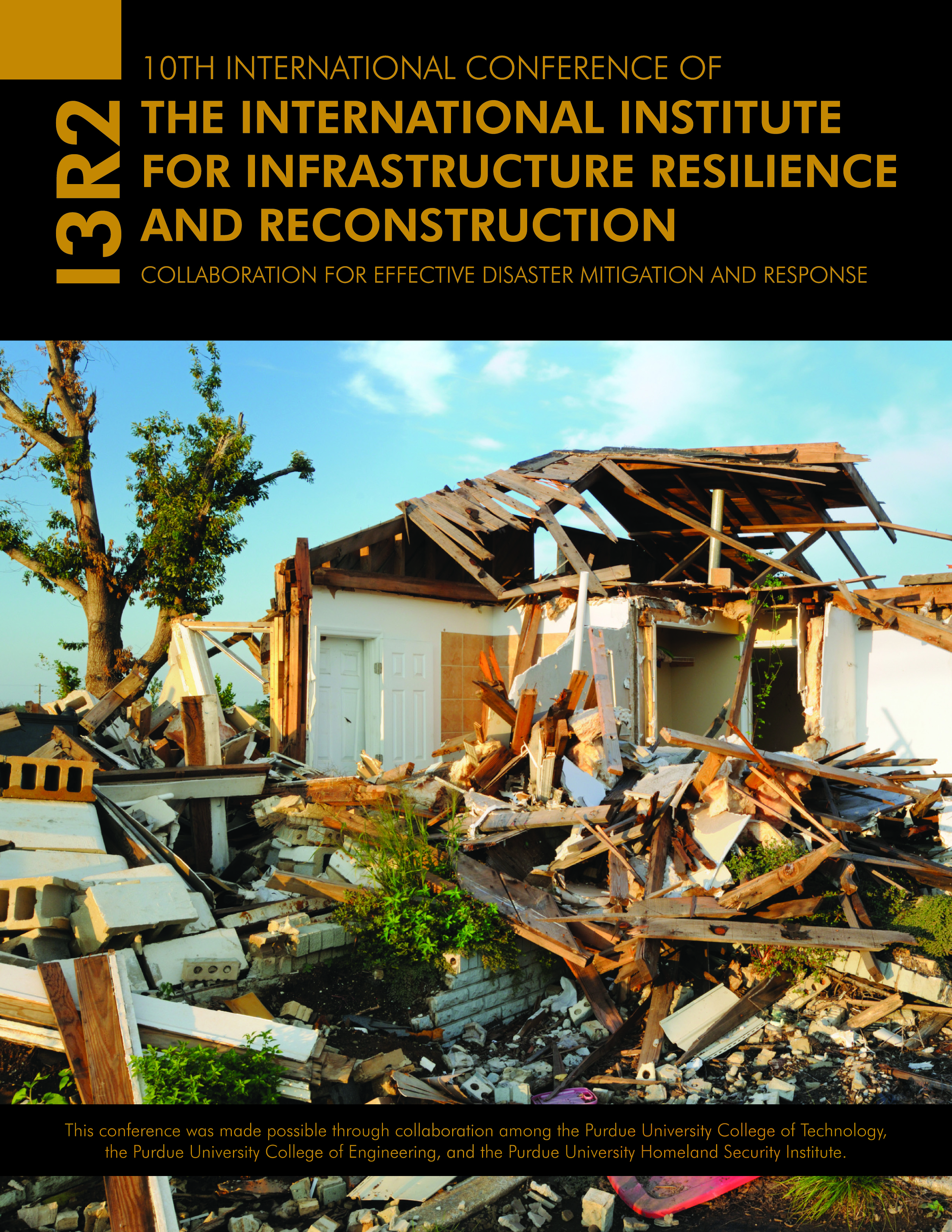Abstract
This paper investigates the decision-making processes guiding postdisaster infrastructure reconstruction— concentrating on wastewater, water supply, stormwater and road networks (“horizontal infrastructure”). It draws on empirical analysis of the postearthquake reconstruction currently underway in Christchurch, New Zealand.
Restoring infrastructure services to provide at least a basic level of essential services after a disaster helps wider economic recovery. Subsequently, there is pressure to restore infrastructure services to predisaster levels as quickly as possible. Reconstruction programmes thus commence in highly uncertain decision-making environments and are reactive to perceived, immediate needs. The extent and nature of the work is later clarified and re-evaluated as projects progress. This context of postdisaster response presents unique challenges in terms of design and delivery processes.
The focus of this paper is to address the impact of such institutional and organizational arrangements on postdisaster reconstruction decisions. It also discusses changes in decision making that occur over time as needs change. It does this through examining changes in the overall design philosophy and approaches to prioritization and deferment in the Christchurch case study.
Keywords
reconstruction, decision making, infrastructure, Christchurch
DOI
10.5703/1288284315353
Recommended Citation
MacAskill, K. A. (2014). Postdisaster Reconstruction of Horizontal Infrastructure Systems: A Review of the Christchurch Rebuild. In Randy R. Rapp & William Harland (Eds.), The Proceedings of the 10th International Conference of the International Institute for Infrastructure Resilience and Reconstruction (I3R2) 20-22 May 2014. (189-195). West Lafayette, Indiana: Purdue University.
Included in
Postdisaster Reconstruction of Horizontal Infrastructure Systems: A Review of the Christchurch Rebuild
This paper investigates the decision-making processes guiding postdisaster infrastructure reconstruction— concentrating on wastewater, water supply, stormwater and road networks (“horizontal infrastructure”). It draws on empirical analysis of the postearthquake reconstruction currently underway in Christchurch, New Zealand.
Restoring infrastructure services to provide at least a basic level of essential services after a disaster helps wider economic recovery. Subsequently, there is pressure to restore infrastructure services to predisaster levels as quickly as possible. Reconstruction programmes thus commence in highly uncertain decision-making environments and are reactive to perceived, immediate needs. The extent and nature of the work is later clarified and re-evaluated as projects progress. This context of postdisaster response presents unique challenges in terms of design and delivery processes.
The focus of this paper is to address the impact of such institutional and organizational arrangements on postdisaster reconstruction decisions. It also discusses changes in decision making that occur over time as needs change. It does this through examining changes in the overall design philosophy and approaches to prioritization and deferment in the Christchurch case study.



